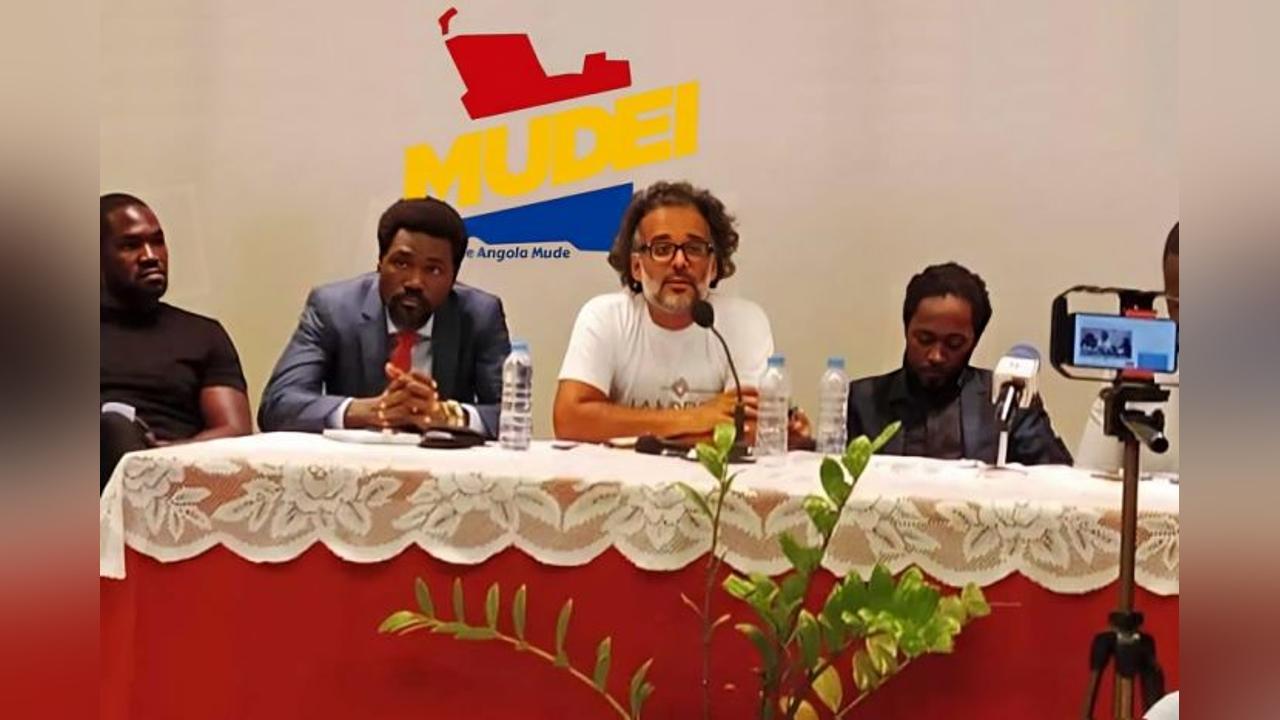Africa-Press – Angola. The Mudei Civic Movement denounced a “deep divorce between the State and the Angolan people” and demanded the resignation of the Government, criticizing the violent repression of the protests.
In a statement release, Mudei believes that the protests and riots, which coincided with the three-day taxi drivers’ strike, were fueled by “accumulated indignation against hunger, abandonment, and the lack of prospects.”
According to Mudei, the 33% increase in the price of diesel, implemented “abruptly and without any consultation or social mitigation program,” had an “immediate and devastating effect on the rising cost of living.”
The movement regrets that the “legitimate” protest degenerated “into convulsions and looting” and that the state response was given “with the only argument it knows, that of repression and confrontations.”
For Mudei, the authorities’ response was “disproportionate,” resulting in a “tragic official balance” with “30 dead, including young people and a child,” “277 injured, some in serious condition,” and “1,500 people detained, many still without access to legal defense.”
“Among the dead is a woman who was shot in the back, in an act of police brutality that symbolizes absolute disregard for human life,” he denounces.
“The official discourse reduced the complexity of the crisis to mere ‘acts of vandalism,’ ignoring the structural causes of the revolt,” reads the Mudei statement, which also criticizes the mobilization of the army, which “represents a dangerous militarization of the response to a social problem.”
The movement asserts that “recent events demonstrate a profound divorce between the State and the people. A State that governs by imposition, that represses dissent, and that refuses to engage in dialogue.”
Mudei also spoke out about “the silence of the occupant of the office of President of the Republic (…) deeply revealing and unacceptable”.
João Lourenço spoke to the nation, after three days of unrest in Angola and criticism of his silence, calling the vandalism “acts of sabotage” and alluding to the orchestration of criminal actions.
For Mudei, the lack of words of comfort or accountability “reveals the indifference, the total lack of empathy and the distance that exists between him and those whom his position obliges him to represent.”
“What we witnessed was not disorder; it was the echo of accumulated injustices,” the civic movement argues, pointing to a “clear equation: Increased fuel prices + repression + hunger = social explosion.”
Mudei advocates for the “immediate criminal accountability of the agents and command lines involved in the deaths and injuries that occurred,” as well as the opening of a “serious and inclusive public dialogue” on the social impacts of rising fuel prices.
The demands also include “an end to the criminalization of poverty,” “unconditional respect for the right to popular protest,” and the implementation of “real redistributive policies aimed at social justice, built with transparency, inclusion, and commitment to the common good.”
For More News And Analysis About Angola Follow Africa-Press






